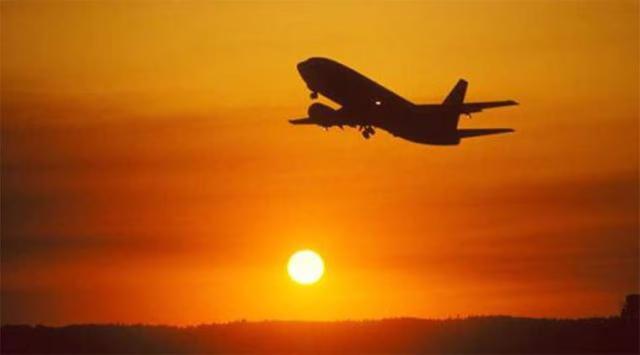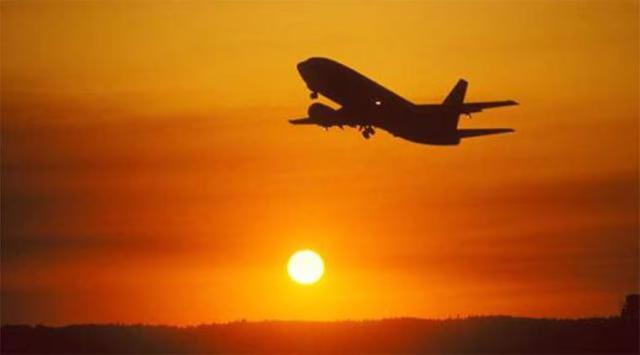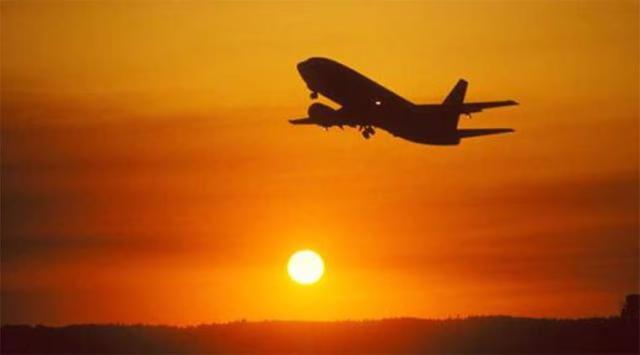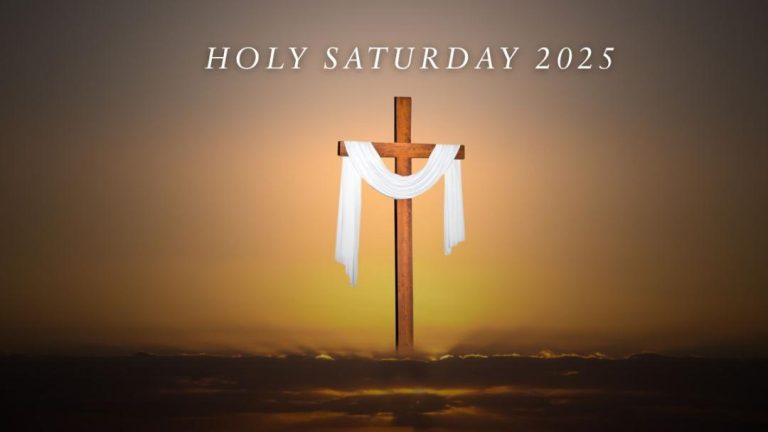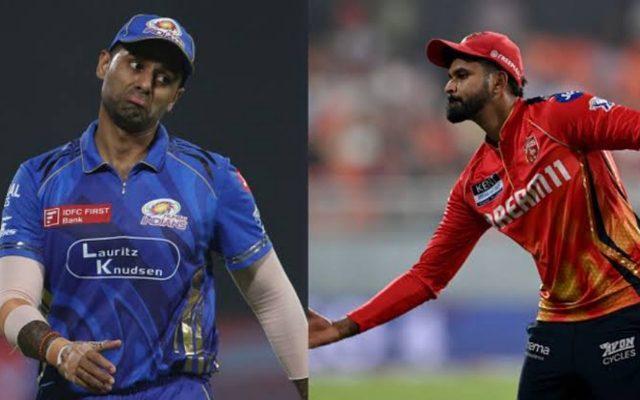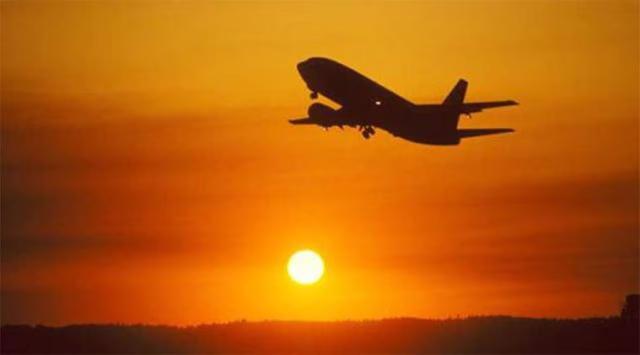
Class 12 Physics & Math requirement for becoming commercial pilot might be scrapped: Report
In a significant move, the Directorate General of Civil Aviation (DGCA) is planning to scrap the current rule that requires students to have studied Physics and Math in Class 12 to be eligible for commercial pilot licence training. This decision, if implemented, would open up the doors for students from non-science streams to pursue a career in commercial aviation.
For decades, commercial pilot training in India has been restricted to students who have studied Science and Math in Class 12. This rule was introduced in the mid-1990s, and since then, it has been a common requirement for aspiring commercial pilots to have a strong foundation in Physics and Math. However, the DGCA’s latest move could be a game-changer for students who may not have had the opportunity to pursue science subjects in school.
According to a report by the Times of India, the DGCA is considering scrapping the requirement of Physics and Math in Class 12 for commercial pilot trainees. This move is seen as a step towards attracting a more diverse pool of candidates for commercial pilot training and promoting inclusivity in the aviation industry.
The decision to scrap the Physics and Math requirement is not without its merits. For one, it would give students from non-science streams an opportunity to pursue their dreams of becoming commercial pilots. In an industry that is constantly evolving and facing challenges such as pilot shortage, this move could help tap into a new pool of talent.
Moreover, the Physics and Math requirement has often been criticized for being too narrow and limiting. Many students who may have excelled in subjects like Arts, Commerce, or Humanities have been deterred from pursuing a career in commercial aviation due to this rule. By scrapping the requirement, the DGCA is sending a message that the aviation industry is open to candidates from all backgrounds, not just those who have studied Science and Math.
Another significant advantage of scrapping the Physics and Math requirement is that it would reduce the barriers to entry for students who may not have had the opportunity to study science subjects in school. In India, there are many schools that do not offer Science and Math as part of their curriculum, and students who attend these schools may not have had the chance to develop a strong foundation in these subjects. By removing the requirement, the DGCA would be giving these students an equal opportunity to pursue a career in commercial aviation.
However, some experts have raised concerns about the potential implications of scrapping the Physics and Math requirement. For one, it could lead to a shortage of skilled pilots who have a strong understanding of the technical aspects of flying. Physics and Math are fundamental subjects that provide the foundation for understanding the principles of flight, and removing the requirement could potentially lead to a lack of competent pilots.
Another concern is that the move could lead to a lack of standardized training for commercial pilots. The Physics and Math requirement has been in place for decades, and many training programs have been designed around this requirement. If the requirement is scrapped, it could lead to a lack of standardization in training programs, which could potentially compromise safety.
Despite these concerns, the DGCA’s decision to consider scrapping the Physics and Math requirement is a welcome move. It would be a step towards promoting diversity and inclusivity in the aviation industry, and it would give students from all backgrounds an equal opportunity to pursue a career in commercial aviation.
As the aviation industry continues to evolve and face new challenges, it is essential that the DGCA remains open to innovative ideas and solutions. By considering the scrapping of the Physics and Math requirement, the DGCA is sending a message that it is committed to attracting the best talent from all backgrounds and promoting inclusivity in the industry.
